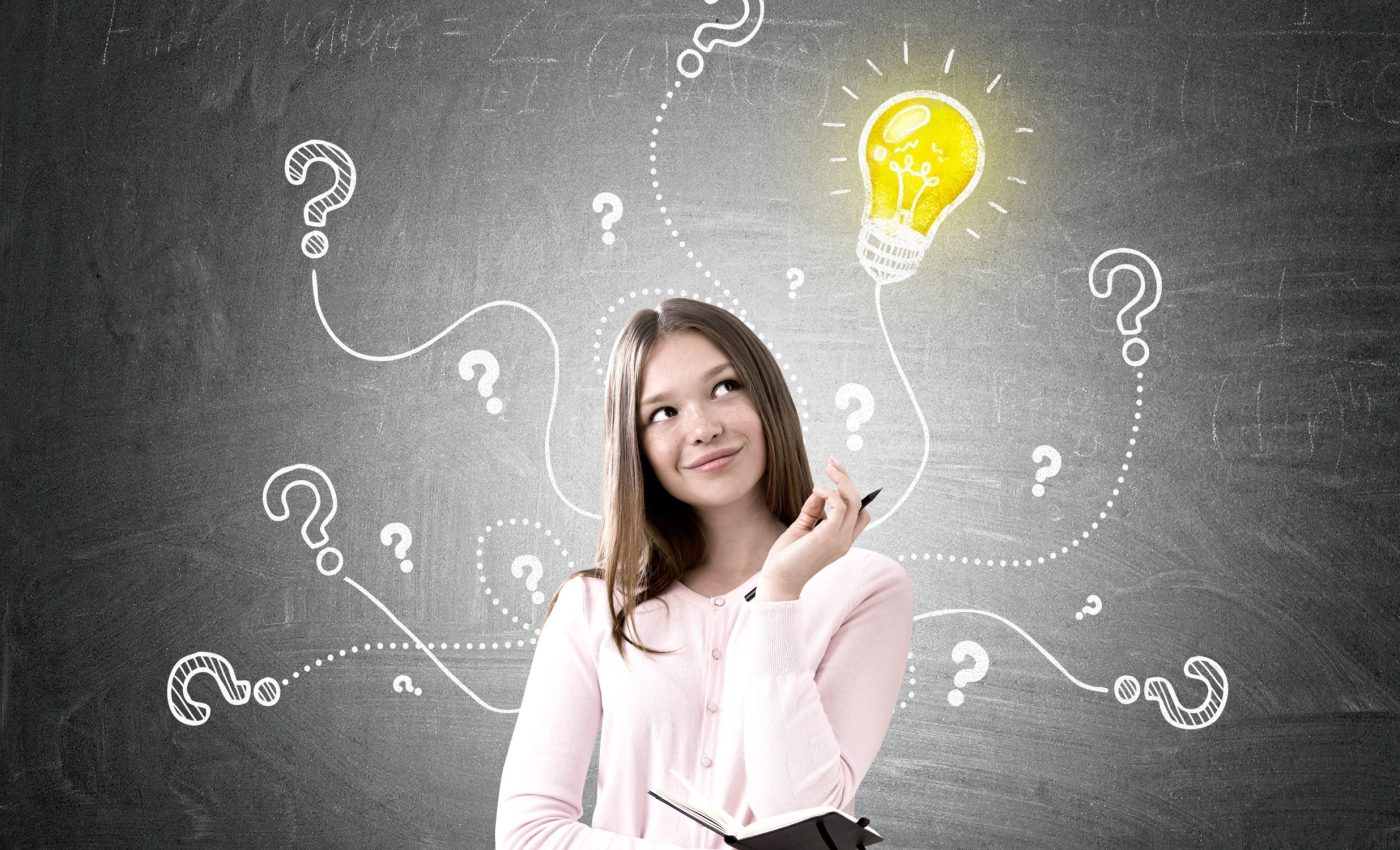
Understanding human consciousness through 'eureka' moments
For years, we’ve been striving to understand the intricacies of one of nature’s most profound mysteries – human consciousness.
This enigmatic phenomenon has puzzled scientists and philosophers alike, as the experts strive to to unravel the intricate relationship between the brain and our conscious experience. Understanding this complex interplay could shed light on the nature of consciousness itself.
What’s the secret to its formation in the brain? How do neural networks give rise to the subjective experience of awareness?
Professor Ekrem Dere from Ruhr University Bochum, Germany, proposes a novel approach to this timeless enigma. He advocates for defining conscious cognitive processes through meticulous behavioral observations and the analysis of learning curves.
This groundbreaking research aims to shed light on the underlying mechanisms that drive conscious thought and perception, offering new insights into the essence of what it means to be aware.
Human consciousness and Eureka moments
We’ve all experienced those sudden moments of insight, where the solution to a problem suddenly materializes in our mind. According to Professor Dere, these epiphanies are not accidents, but likely the result of conscious processes.
“Learning is often not a gradual process, but takes place in leaps and bounds; humans and animals experience sudden epiphanies every now and then,” said Professor Dere, implying an intricate connection between our consciousness and these “Eureka” moments.
Complex gradients of human consciousness
Dozing off in a cozy chair has a vastly different level of consciousness than fervently typing away at an email. The former might involve a dreamy, semi-aware state, while the latter demands full alertness and mental acuity.
Our consciousness isn’t binary; it exists in gradients, reflecting the wide range of cognitive engagement we experience daily. “There are different levels of consciousness, depending on whether we’re sleeping or writing an email,” said Professor Dere.
Solving a complex problem, for instance, requires conscious cognitive information processing at the apex of this gradation, where our mental faculties are fully activated, allowing us to navigate intricate challenges with heightened clarity and focus.
Profiling conscious cognition
To scientifically study the neurobiological correlates of these conscious processes, Professor Dere suggests presenting a task to a human or animal that can only be solved through conscious cognitive information processing, without any preconceived solution.
However, one may not utilize this type of processing throughout the entire duration of the task, which introduces a challenge.
Marker of conscious cognition
Our learning performance doesn’t always improve steadily but happens in jumps or stages, reflecting the non-linear nature of cognitive development.
These phases of discontinuous learning after an insight may serve as timestamps indicating when conscious cognitive information processing must have taken place.
Sudden leaps in understanding provide critical data points that highlight the moments of active engagement and conscious thought.
By comparing these moments to other points in time during task processing, scientists can observe and understand the mechanisms used in conscious information processing.
This comparative analysis allows researchers to pinpoint the exact instances when conscious cognition is at work, offering deeper insights into how we learn, solve problems, and make decisions.
Jigsaw of human consciousness
This groundbreaking research proposes a novel approach to studying consciousness, but it also has the potential to transform our understanding of conscious cognitive processes in both humans and animals.
As we continue to explore the depths of our consciousness, each eureka moment uncovers another piece of this complex jigsaw puzzle that is the human brain.
The role of emotions in consciousness
Recent studies suggest that emotions play a crucial role in shaping our conscious experiences. Emotions not only influence our decisions but also affect the way we process information and our ability to learn.
The connection between emotions and consciousness could provide deeper insights into how we experience those eureka moments.
For instance, being in a positive emotional state might facilitate greater insight during complex tasks, while negative emotions could create barriers to effective problem resolution.
Investigating these emotional dimensions could lead to a deeper understanding of consciousness. This approach may help create more comprehensive models. By integrating both cognitive and emotional factors, we can gain valuable insights into the mind.
—–
Like what you read? Subscribe to our newsletter for engaging articles, exclusive content, and the latest updates.
Check us out on EarthSnap, a free app brought to you by Eric Ralls and Earth.com.
—–













